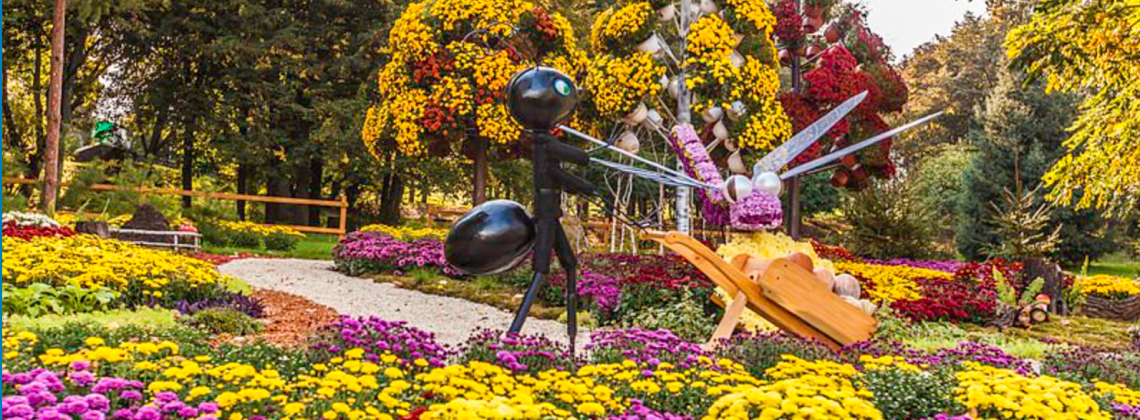

I have gotten glimpses but would love to hear more about your vocational life so far. You are currently an academic, but you have also spent a significant part of your life on the mission field in Ukraine. What was this like? What led you there, and what brought you back stateside?
I am currently…something. Maybe by the end of this, we’ll have it figured out.
I first visited Ukraine in 1999 as part of a summer-long volunteer missionary stint, and then I returned in 2000 for a commitment that extended into about ten years. The summer of ’99 for me was a chance to find out what “real” missionary life was like, what it’s like to really live somewhere, buy your groceries, meet your neighbors, and do daily life in a place, instead of swoop in with a team and build a building or run a camp.
During my time in Ukraine, I worked with our denominational mission organization, Free Methodist World Missions, and our task was church planting, or more specifically, growing a brand-new church community with hopes of developing more churches. We began our work near the end of the burst of evangelical activity in Ukraine that coincided with the collapse of the Soviet Union. There was great curiosity about all things Western, it was easy for foreigners to draw a crowd, and there were needs—both spiritual and material—that created what we missionaries call an open door.
What made the opportunity inviting for me was that there was a place for anyone who was willing to be a little creative. And our team in Central and Eastern Europe consisted of people I could relate to. My mentor-friend in Ukraine, especially, reached out to me, liked me, and lived in a way that beckoned me toward maturity. She showed me the importance of going over to a new friend’s house for tea or coffee and cakes. Working your hardest to communicate with the fifteen words of Ukrainian you knew so far. The necessity of learning how to shop on your own, but also the fruitfulness—in terms of relationship-building—of asking someone for help.
For me, vocational moves are always begun and secured through relationships. I am always looking for my people. When I find my people, I say yes to whatever the place happens to be, and then through the people, learn how to love the place. The place is the people, too.
As my place for a decade, Ukraine went from gray buildings and limited shopping choices to brightly colored grocery stores on every street. In the villages, you might see a grandmother in a horse-drawn wagon holding a cell phone. In the cities, in high-rise apartment buildings, your friend might be canning bushels of tomatoes from her dacha. A third culture friend of mine has a running joke about how every missionary presentation begins: “(Insert any country) is a land of contrasts…” The textures of a land stick out to you when you are a stranger-sojourner.
I was in western Ukraine for about half the time, and in the capital city of Kyiv the other half. Even life in just those two places offered me a window into the linguistic diversity of the nation, an experience that proves that language and attitude are not one and the same.
I taught ESL classes, played music and led worship, and helped organize the work of visiting teams. There was a lot of failure along the way. Any ministry is hard, of course. But I grew to recognize that I was in a society that had experienced layers of grave tragedy and conflict. Trust was hard to build. Often, I’d be working with someone for a while, and then another friend would pull me aside and say, “Hey, you need to know, it’s not pleasant to tell you, but that person you are working with is a horrible cheating human being.”
It seemed impossible—or even unwise at times—to try cultivating community when my presence and that of my colleagues introduced barriers and discrepancies in power that I was only beginning to perceive.
But I experienced sacrificial hospitality in Ukraine. Wonderful dark humor. I remember friends saying, “We Ukrainians are the most adaptable people!” And we really see it now. In the face of persistent existential threat, Ukrainians are making and remaking, building and planting, finding ever more ingenious ways to survive and even thrive.
What eventually brought me back stateside? Our hope as a mission team had always been to transfer leadership authority to national leaders, and we had reached that point. My colleagues and I also felt the pull back to the US because of the seasons we were in personally, in our lives. I was ready to return to the community that raised me, to see if there was a place for me there again.
I’ve always been pulled in several directions. My vocation is somewhere at the intersection of academia, ministry, and the arts, and my career path has been like a dance, a very clumsy dance, lurching this way and that to allow a turn to each wing. As a missionary, I used teaching and research to connect with new communities. As a teacher, I bring my cross-cultural experience to bear on subjects and relationships in the classroom. As a worship leader, I think about the culture we cultivate with our liturgical practices.